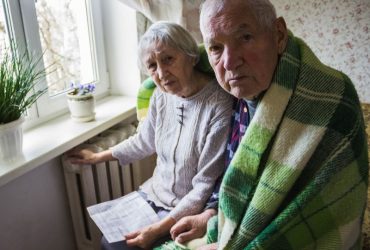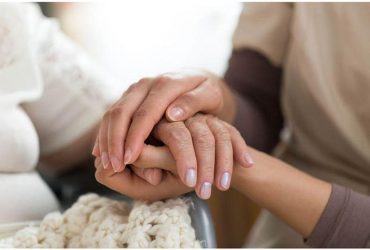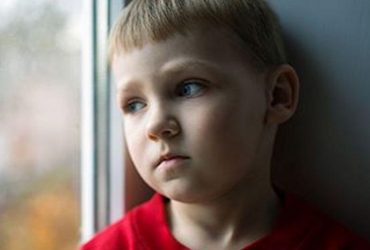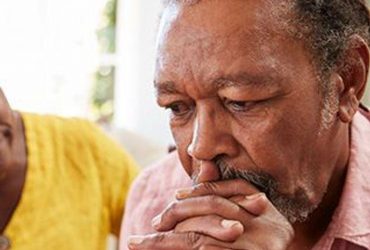Psychological distress commonly seen among family surrogates who made decisions about life-sustaining treatments
Impacts on caregivers included activity and employment impairment
Inverse association did not differ with caregiving frequency or when stratified by age, race-ethnicity, depressive symptoms
Remotely delivered caregiver strengths-based education and social support intervention was effective for preventing elder mistreatment
Caregivers with approach-oriented coping strategy have less anxiety and depression symptoms, better quality of life
Authors say the health of family caregivers should be monitored in clinical practices
Among caregivers of multiple myeloma patients, 44.1 percent and 24.4 percent report anxiety and PTSD symptoms, respectively
Caregivers with SCD more likely than caregivers without SCD to report frequent mental distress, history of depression
Risk for loss was 1.1 to 4.5 times higher among children of racial/ethnic minorities compared with non-Hispanic Whites
Receipt of informal care up, while formal care use is lower for those with dementia and disability with greater family availability










